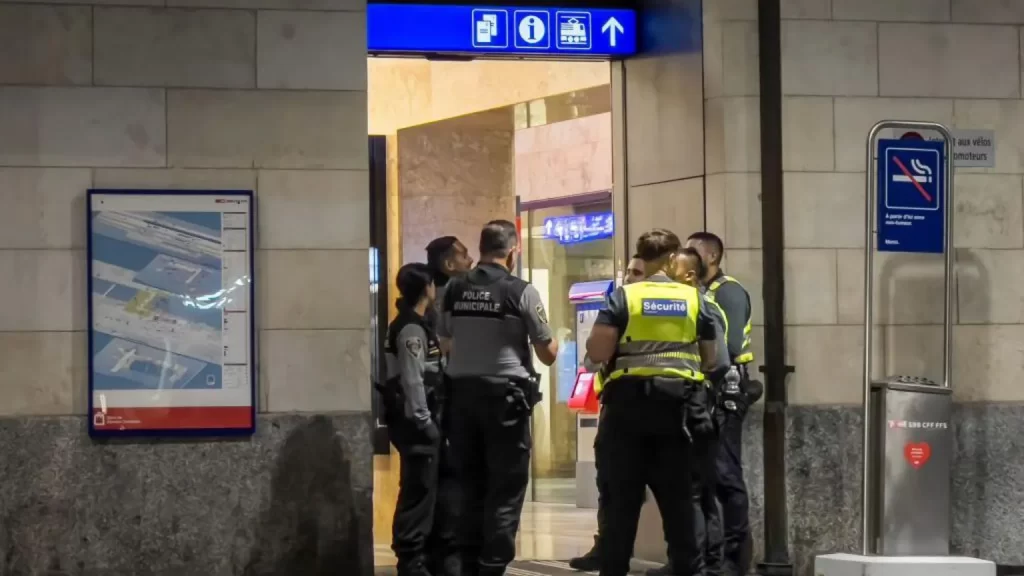The murder of a 19-year-old female student in an upscale Paris neighborhood has reignited France’s contentious immigration debate, with right-wing politicians calling for stricter policies.
The victim, identified only as Philippine, was found partially buried in the Bois de Boulogne park on Saturday. She was last seen leaving the Paris-Dauphine university campus on Friday, where she studied economics.

The suspected killer, a 22-year-old Moroccan man named Taha O. by French media, was arrested in Geneva on Tuesday. He had been released from French detention earlier this month after serving five years for a 2019 student rape conviction. Despite being subject to an expulsion order, he remained in France.
France’s new Interior Minister Bruno Retailleau, who took office last week promising to “establish order,” faces his first major test with this case. “It is up to us as public officials to change our legal arsenal in order to protect the French,” Retailleau stated on social media platform X.
The far-right National Rally (RN) party, led by Jordan Bardella, seized on the murder as evidence of systemic failures. “This migrant had no right to be here, but he was able to offend again in total impunity. Our justice is too lenient; our state is dysfunctional,” Bardella said.
With over 120 members in parliament, the RN holds significant leverage over Prime Minister Michel Barnier’s minority government.
Some left-wing politicians also called for more effective deportation processes. Socialist party leader Olivier Faure stated the suspect “should have gone straight from prison to plane.” Government figures show fewer than 10% of French expulsion orders are currently carried out.
The murder has raised safety concerns about the Bois de Boulogne park, known for prostitution and, more recently, drug-related activities.
Philippine’s disappearance prompted an alert on The Sorority, a phone app network dedicated to helping women in distress. Described as a quiet, model student involved in scouting, her death has deeply affected the community.
As the debate intensifies, the case underscores the complex intersection of immigration policy, public safety, and political tensions in France.



